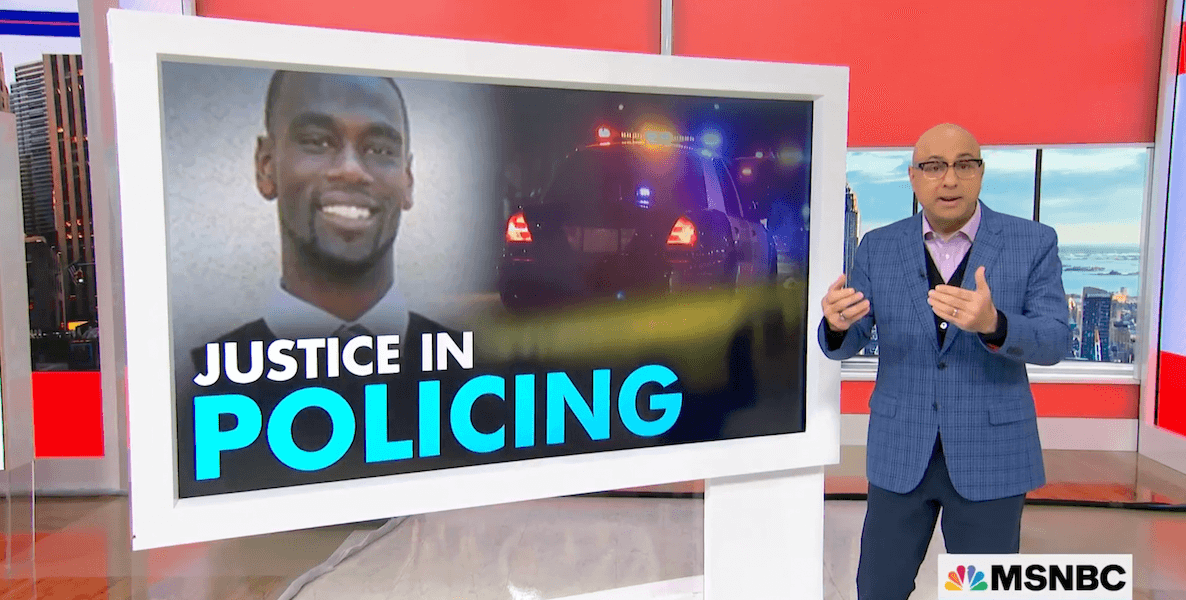What is qualified immunity — and how does it shield police who’ve done egregious things from accountability? Ali Velshi lays out the current landscape of police accountability, beginning with police-caused deaths.
Black and Brown Americans are two-and-a-half times more likely than White Americans to die at the hands of police. Despite the calls for police reform and racial justice in 2020, death at the hands of police has increased since then. What’s more: Police that commit murder — or any otherwise criminal wrongdoing — go notoriously unaccountable.
Says Velshi, “when it comes to police involved killings, in this country, since 2014, only about 2 percent of those incidences result in criminal charges — let alone convictions.” Lack of convictions gives victims and their families one mode of recourse: civil lawsuits. But winning in civil court is also notoriously difficult, because of the 60-year-old practice of … qualified immunity, a protection that makes proving a victim’s case nearly impossible. “Qualified immunity shields officers from civil lawsuits and makes it difficult to prosecute them individually for wrongdoing,” says Velshi.
“Initially, qualified immunity protected officers if they could prove they were acting in good faith. But after years of strengthening that immunity, the law now protects almost any officer who can claim that the way they violated someone’s constitutional rights has not been clearly established by law. Qualified immunity has been used to shield police from accountability in the wildest of circumstances.”
Tomorrow, Representative Sheila Jackson Lee of Texas plans to reintroduce the George Floyd Justice in Policing bill. First passed by the House in 2020, and then again in 2021, the police reform bill has never reached the Senate floor for a vote. The sticking point: qualified immunity.
LISTEN: ALI VELSHI EXPLAINS HOW QUALIFIED IMMUNITY CAME TO SHIELD POLICE FROM ACCOUNTABILITY
WATCH ALI ON MSNBC
![]()
MORE FROM MSNBC’S ALI VELSHI



